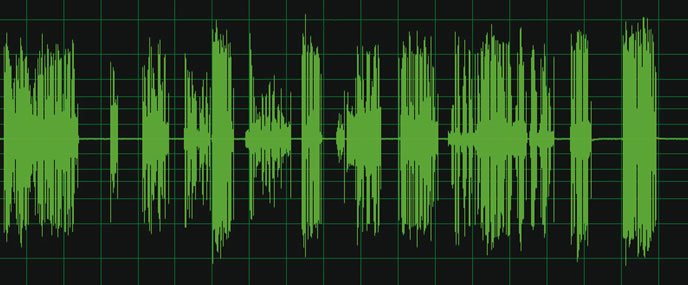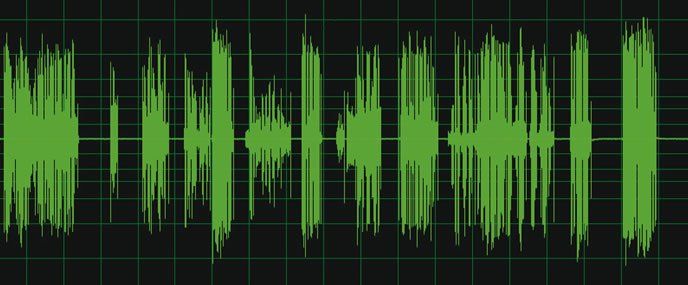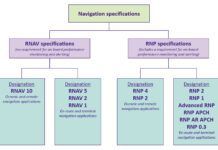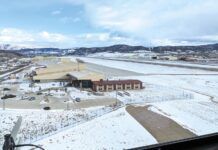
Old habits can be hard to shake. My family’s got a nice DVR setup in our home, set to record all our favorite TV shows and save them digitally to its huge hard drive. Our last VHS deck made its way to Goodwill years ago. Nonetheless, I still find myself saying I’m going to “tape” a particular show.
I’ll occasionally show my age on freq as well. For instance, if a pilot doesn’t give a required response to a runway hold short, I’ve been known to tell him, “Read back all hold short instructions. It’s required for our tapes.” That emphasizes the fact everything controllers and pilots say is recorded. If one or the other isn’t doing their job right, it’s recorded for posterity.
While it gets the message across, the “tape” part itself isn’t accurate anymore. ATC audio recordings are now stored digitally and can be played back instantaneously via dedicated computer software. We just enter in a date and a time range, and select a particular ATC position—like Tower, or the North approach control sector. We can then listen to every transmission by both the controller and pilots, and export the audio as a file for external use.
The same instantaneous playback goes for radar data. Using software called FALCON3, we can immediately pull up the radar feed for a given time—even if it was just minutes ago—and play it back. We can then render out the radar feed as a video, combine it with the audio file, and the result is a complete audio and visual record.
These playbacks are instrumental when incidents or accidents occur. They’re also good for “he said / she said” situations. For example, we had a solo student pilot disobey instructions and wander into the path of a jet, causing some real problems. The pilot swore innocence, and his instructor defended him. However, we brought them in and showed them the audio/radar playback. The truth was there in black and green. The pilot had confused north for south and turned the wrong way.
Of course, we use these playbacks for controller training, too. We can play back a trainee’s session, revisit an emergency, or walk step by step through a separation error. They’re vital for seeing where we went wrong, what we did right and what we could do better the next time. It’s better to learn from someone else’s mistakes than your own. —TK





